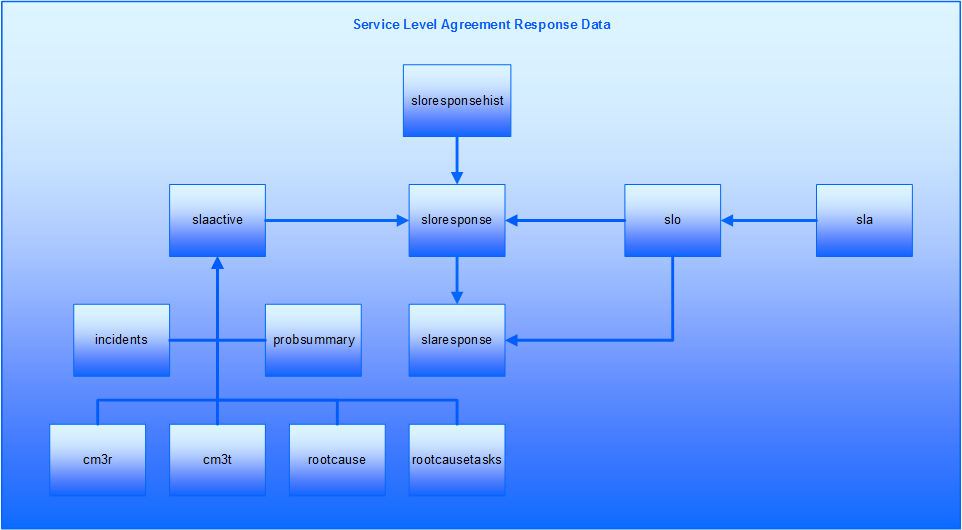Searching the Help
To search for information in the Help, type a word or phrase in the Search box. When you enter a group of words, OR is inferred. You can use Boolean operators to refine your search.
Results returned are case insensitive. However, results ranking takes case into account and assigns higher scores to case matches. Therefore, a search for "cats" followed by a search for "Cats" would return the same number of Help topics, but the order in which the topics are listed would be different.
| Search for | Example | Results |
|---|---|---|
| A single word | cat
|
Topics that contain the word "cat". You will also find its grammatical variations, such as "cats". |
|
A phrase. You can specify that the search results contain a specific phrase. |
"cat food" (quotation marks) |
Topics that contain the literal phrase "cat food" and all its grammatical variations. Without the quotation marks, the query is equivalent to specifying an OR operator, which finds topics with one of the individual words instead of the phrase. |
| Search for | Operator | Example |
|---|---|---|
|
Two or more words in the same topic |
|
|
| Either word in a topic |
|
|
| Topics that do not contain a specific word or phrase |
|
|
| Topics that contain one string and do not contain another | ^ (caret) |
cat ^ mouse
|
| A combination of search types | ( ) parentheses |
|
Service agreement response data
Service Level Management captures Service agreement (Service Level Agreement, Operational Level Agreement, Underpinning Contract) information from application records, such as problems or service desk interaction records. The responses are summarized in the slaresponse table.
- Integrated applications:
- The slaactive table contains one record for each application record that has an associated service agreeement.
- Service agreement and SLT information:
- The sla table contains one record for each service agreement.
- The slo table contains one record for each Process Target. Each record contains an agreement.id field that identifies the parent service agreement.
- Summary information:
- The sloresponse table contains one record for each enabled application record that has an associated SLT. Sloresponse records describe response time metrics, including a breach flag for missed objectives.
- The slaresponse table contains summary records with response time information collected from sloresponse records. Includes the number of affected and breached records, mean, median, and standard deviation data.

Related topics
Service Level Management administration
Service agreement tables and applications
Service agreement outage relationships
Standard alerts and Service Level Agreements











